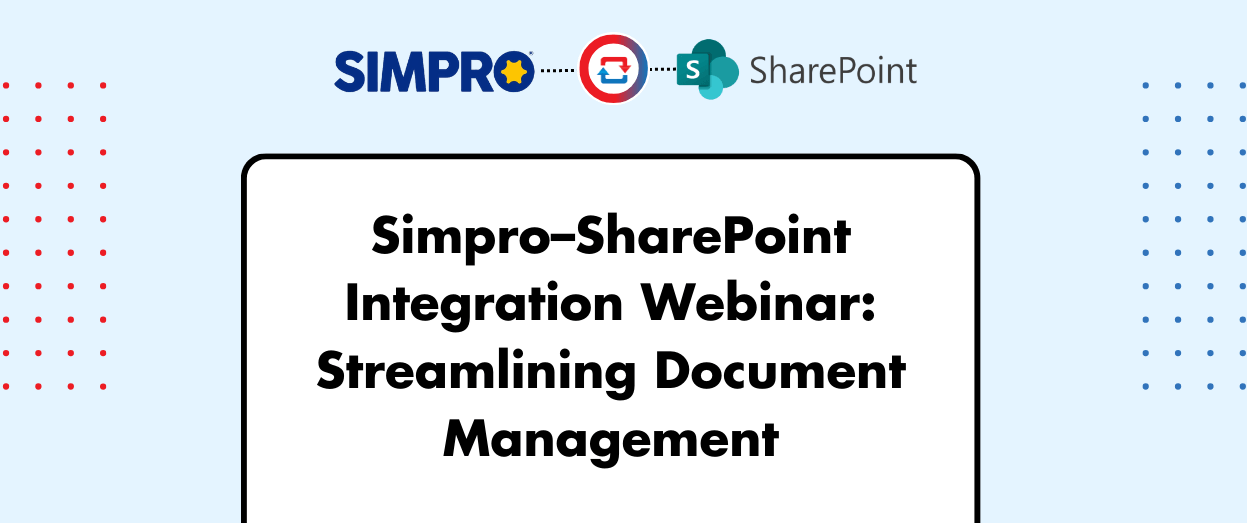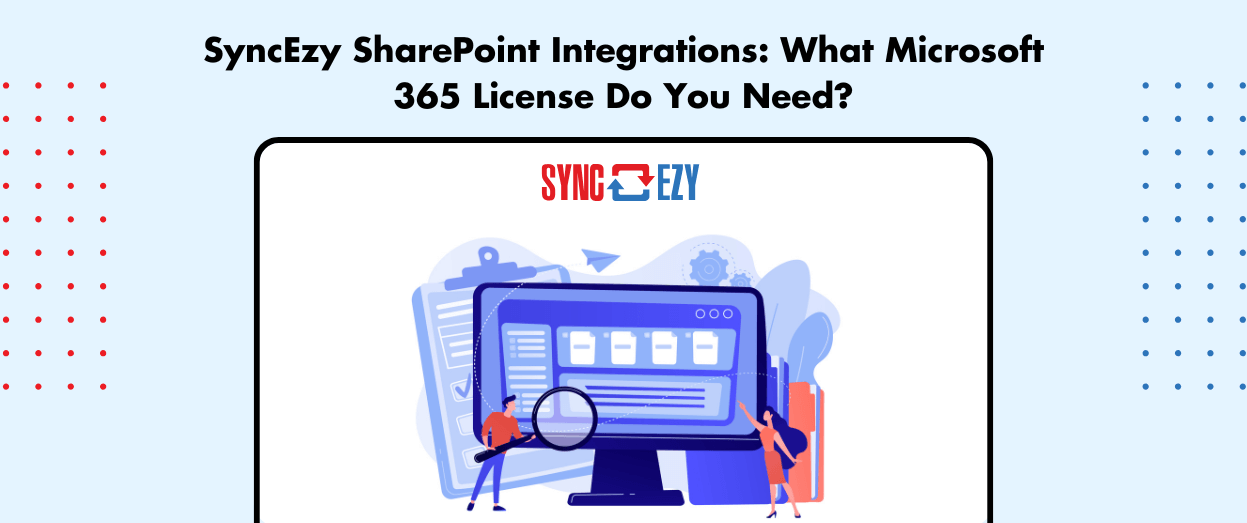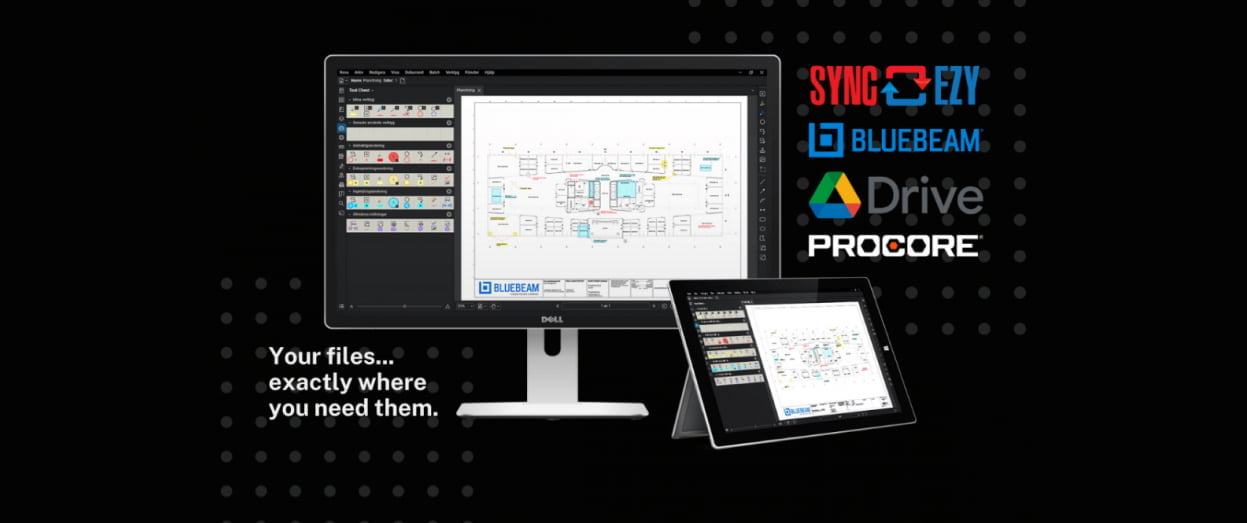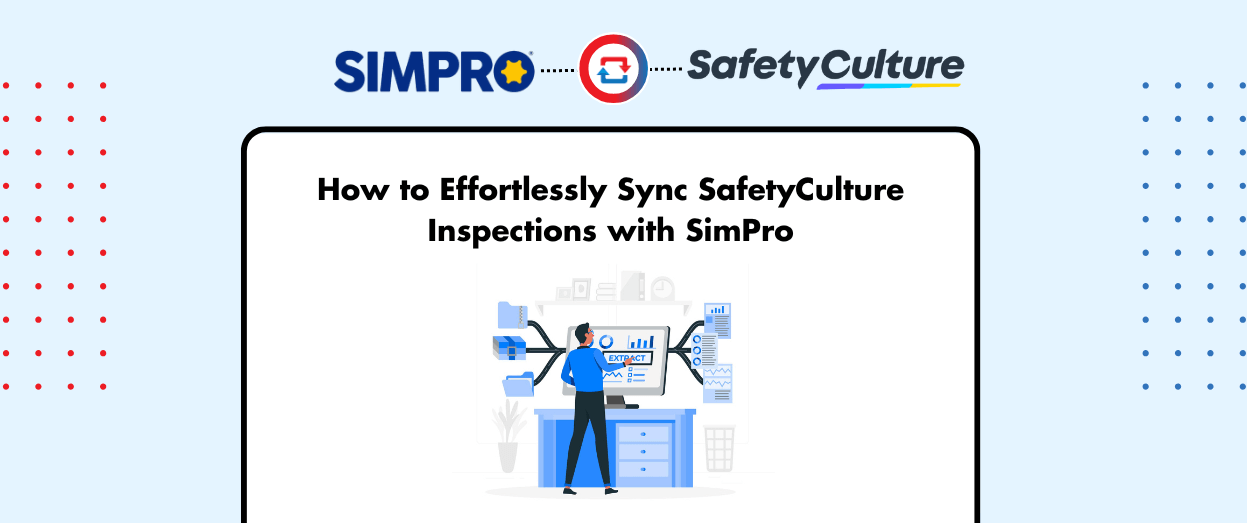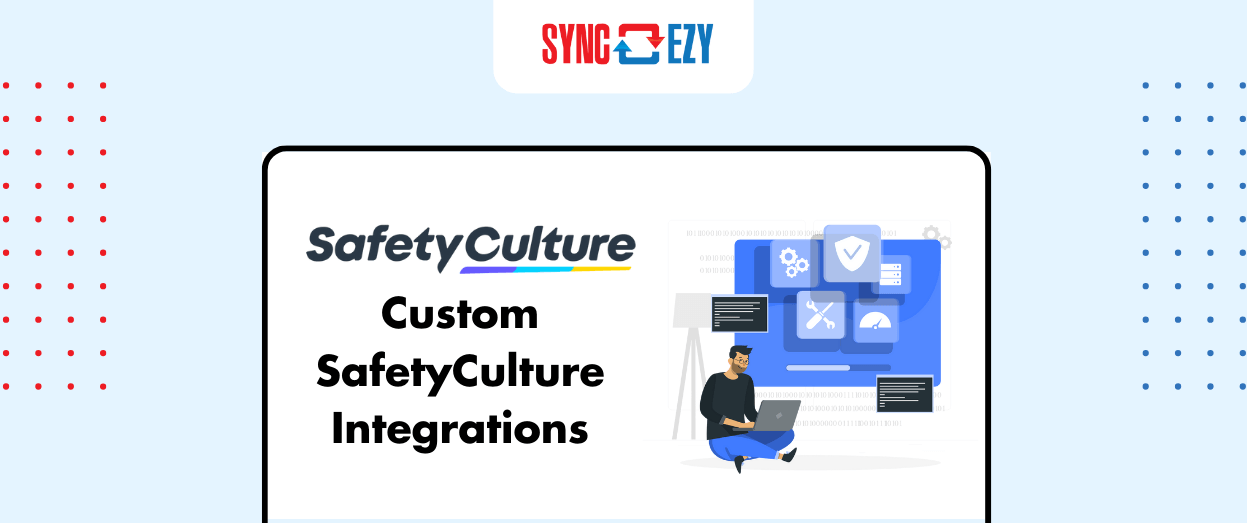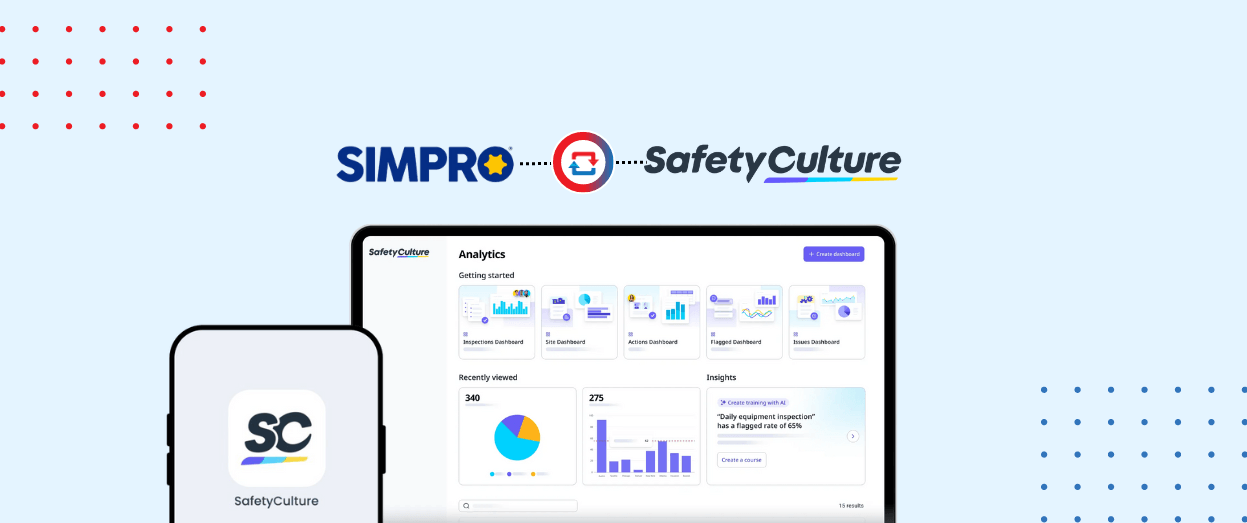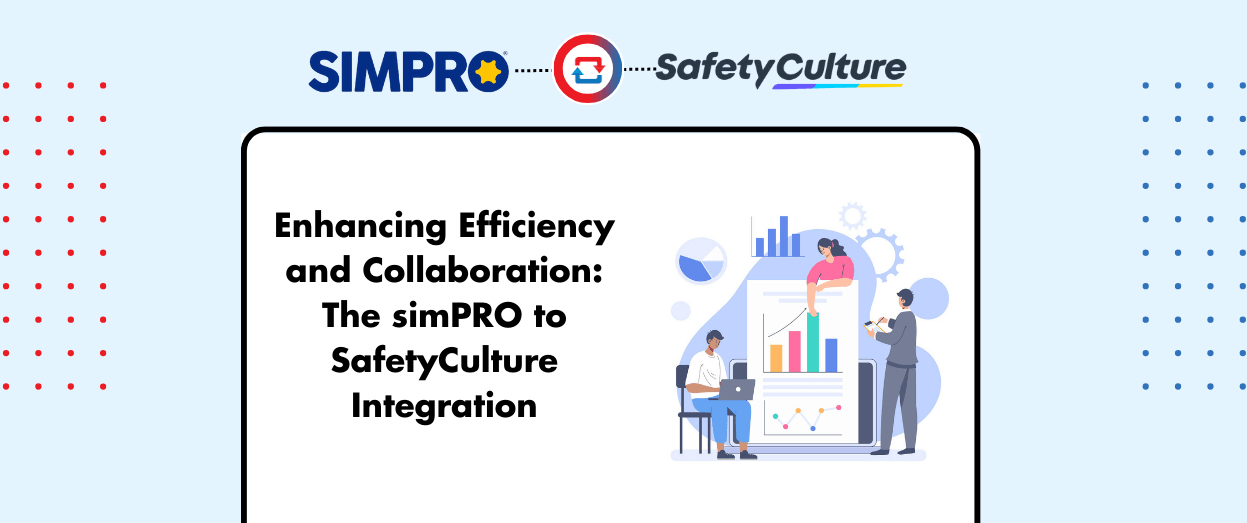
Hari Iyer | SyncEzy
CEO5 Min Read
Oct 10, 2024
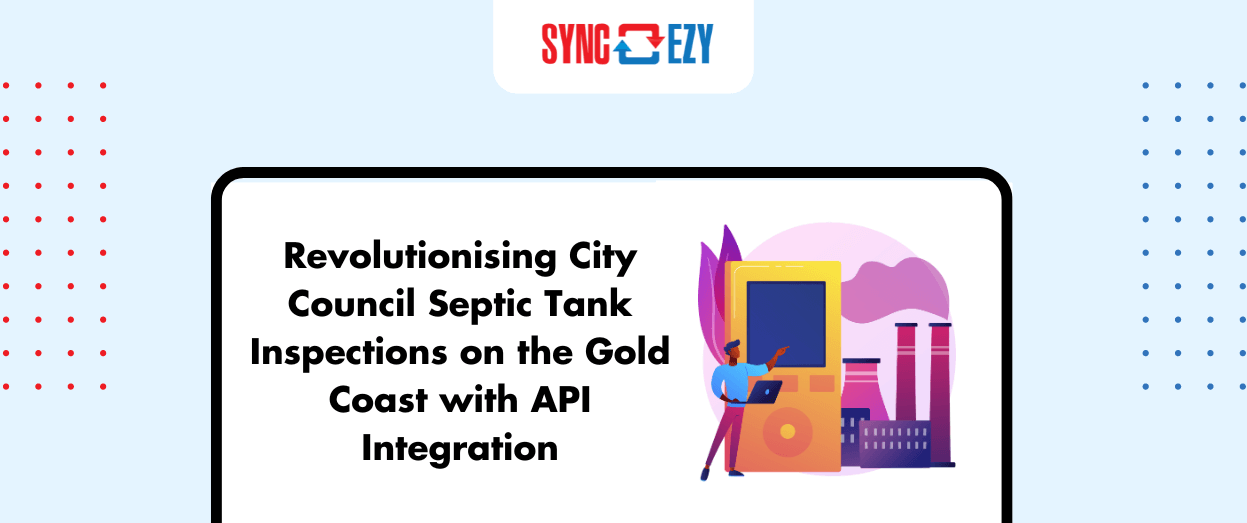
In the City of Gold Coast, the environmental integrity and safety of groundwater is a priority, underscored by the mandatory biannual inspections of septic tanks. Property owners are required to ensure their septic systems are not only functioning but also compliant with local regulations, to prevent any potential contamination. The current method involves manual data entry via paper forms, which is not only outdated but also prone to errors and inefficiencies. This blog explores the possibilities of automating this process by integrating an inspection application with the Gold Coast Council’s system through an API.
Understanding the Current Process
Currently, property owners on the Gold Coast must submit a detailed septic tank inspection report every six months. This report is filled out manually and submitted to the council to ensure compliance with local environmental standards. You can find the manual submission process and form on the Gold Coast City Council’s. Non-compliance can lead to significant penalties, making accurate and timely data submission crucial.
The Role of APIs in Enhancing Efficiency
APIs, or Application Programming Interfaces, allow different software systems to communicate with each other. By leveraging the Gold Coast’s open data API , it is possible to directly integrate data from inspection applications like SafetyCulture into the council’s systems. This direct integration automates the data transfer process, reducing the risk of errors and increasing the efficiency of data handling.
Implementing API Integration
1. Choose an Inspection Application: Select an application that is capable of conducting thorough inspections and is compatible with API integration. SafetyCulture, for instance, is a popular choice that could be customized to meet specific inspection criteria required by the council.
2. Develop or Utilize an Existing API: Use the Gold Coast’s existing API to develop an integration pathway between the inspection application and the council’s database. This would involve mapping data fields from the application to the corresponding fields in the council’s system.
3. Automate Data Transfer: Set up automated workflows that trigger data submission once an inspection report is completed and approved in the inspection application. This ensures real-time data updating and compliance.
4. Test and Deploy: Before fully implementing the integration, conduct thorough testing to ensure that data is accurately transferred and securely handled. After successful testing, deploy the integration.
5. Monitor and Optimize: Continuously monitor the integration for any issues and gather feedback to optimize the system. This will help in maintaining the efficiency of the process and compliance with regulations.
Benefits of Automation
– Efficiency: Automating data entry significantly reduces the time spent on manual entries.
– Accuracy: Minimizes human errors that can occur with manual data entry.
– Compliance: Enhances the ability of property owners to comply with regulations, thus avoiding penalties.
– Environmental Protection: Ensures timely and accurate monitoring of septic systems, helping protect the community’s groundwater.
Conclusion
The integration of API technology to automate the septic tank inspection process on the Gold Coast is more than a technological advancement; it’s a step towards better environmental stewardship. By streamlining this process, we not only ease the compliance burden on property owners but also enhance the capacity of local authorities to manage environmental health effectively. As we move towards more integrated systems, the role of technology in regulatory compliance becomes increasingly vital, paving the way for smarter, safer communities.
Certainly! Here are the links to the source documents and resources on the Gold Coast City Council website that pertain to septic tank inspections and the associated data entry processes:
1. Gold Coast Council’s Manual Submission Form for Septic Tank Inspections: You can access the form and information about the manual process for septic tank compliance reporting here.
2. Gold Coast Open Data API: For details on integrating with the Gold Coast Council’s system via API, you can visit their open data portal and specifically the dataset related to septic tanks here.
These resources provide a foundation for understanding the current manual processes and exploring the potential for automation through API integration.
The method of using Application Programming Interfaces (APIs) to automate the reporting of septic tank inspections in the Gold Coast is an effective model that can be extended to various other data reporting requirements for local councils. This approach, when adapted to other domains, can significantly enhance the efficiency, accuracy, and timeliness of data management processes. Here’s how similar methods can be utilized for broader applications:
1. Building and Construction Permits
Councils often require regular updates on building and construction projects to ensure they comply with safety and zoning regulations. APIs can be used to connect construction management software directly to council systems, automating the submission of progress reports, safety audits, and compliance certifications.
2. Environmental Monitoring
For councils that monitor environmental parameters like air quality, noise levels, or water quality, automated data reporting via APIs from various sensors and monitoring devices can streamline the process. This ensures real-time data processing and quicker responses to potential environmental threats.
3. Public Health Reporting
In public health, timely data reporting can be crucial, especially in cases of infectious disease outbreaks or health inspections. APIs can facilitate the direct transfer of health data from hospitals, clinics, and inspection agencies to public health departments, enabling faster and more accurate disease tracking and health compliance monitoring.
4. Traffic and Transport Management
Traffic data, including congestion points, accident reports, and road condition updates, can be automatically sent to traffic management systems of councils via APIs. This integration allows for real-time traffic monitoring and more effective traffic management strategies, such as dynamic routing and congestion mitigation.
5. Waste Management
APIs can automate the reporting of data related to waste collection and recycling activities. By integrating waste management software with council systems, municipalities can better track waste collection routes, recycling rates, and landfill capacities, leading to more effective waste management policies and practices.
6. Utility Usage Monitoring
For utilities like water and electricity, APIs can be used to automatically report usage data from meters directly to councils. This can help in monitoring consumption patterns, identifying leaks or inefficiencies, and ensuring accurate billing and sustainable resource management.
